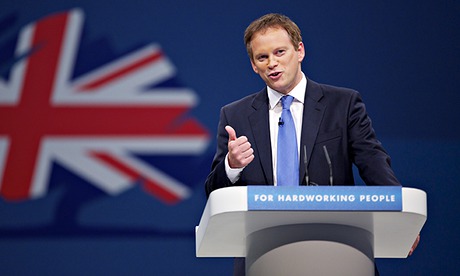Poor social bonds damage people's employment prospects, living standards and wellbeing. Iain Duncan Smith, take note

Evidence suggests that people lacking strong relationships are more likely to have poor physical and mental health. Photograph: PhotoAlto/Alamy
Time to add loneliness to William Beveridge's famous list of "giant evils" in society. In today's Britain, people are impoverished by weak connections with, and minimal support from, family and friends. Iain Duncan Smith, the secretary of state for work and pensions, will announce this week new indicators to measure child poverty . Poor social networks should be included as a contributor to and signal of poverty.
Poor social bonds damage people's employment prospects, their living standards and their wellbeing. The demands of the modern labour market, especially for those on low incomes who are more likely to work night shifts and weekends, are often in conflict with the opening hours of public services. Sometimes formal childcare is just too expensive. Without support from family and friends, people are more likely to struggle in – or, worse, drop out of – the labour market.
As the Nobel prize-winning psychologist Professor Daniel Kahneman shows, our happiness derives most from strong relationships, especially with loved ones. A growing body of evidence shows that those without strong relationships are more likely to have poor physical and mental health outcomes, including increased propensity to depression, sleep deprivation, problems with the cardiovascular and immune systems, early morbidity and even dementia.
Lamentably, social isolation seems to be on the increase. Single-person households have doubled over the past half-century. Time-use surveys indicate that people are spending more time working and looking after their own children than some decades ago, squeezing time for community and recreational activity. About half of all people in a recent poll said that they believed people were getting lonelier in general, and 11% had sought help for feeling lonely.
When loneliness is combined with material deprivation, the result is toxic. A cycle of worklessness, indebtedness and depression is so much harder to escape. Policymakers need to focus resource and attention on these people. So, the current indicators of poverty should seek to establish the extent of social support received. For example, when identifying income through the annual Households below average income survey, all levels of financial support from parents should be captured. Data on the regularity of practical support – from childcare to food shopping – could also be assessed.
Professionals such as health visitors need to focus efforts not only on social groups traditionally most likely to be associated with social exclusion – those on low income, teenage mothers – but also those identified as having poor social networks. Welfare policies need to be designed in such a way as to ensure claimants are more likely to benefit from the support of their wider family. When allocating social housing, councils could take more into account proximity to family and close friends. Equally, policies such as the removal of the spare room subsidy need to be reconsidered where they disrupt familial support, for example the provision of overnight childcare by grandparents.
Strong social networks are an important part of the battle against poverty. But so are diverse social networks. Character, aspirations and opportunities are more likely to be enhanced with exposure to different social environments. Indeed, the Equality of Opportunity Project in the US has shown that for two children with parents on the same income and with the same educational qualifications, the child who lives in a more mixed socio-economic neighbourhood is likely to experience higher social mobility. OECD evidence has shown that children from low-income backgrounds are likely to achieve higher educational results when they are in schools with children from higher socio-economic backgrounds. We need innovative thinking around creating more socially mixed public service institutions and communities.
Duncan Smith is right to seek a richer understanding of poverty and its causes. Social isolation and loneliness are a growing scourge that should be understood as a major factor contributing to impoverishment in modern Britain. To support people in poverty, to help them escape it, policy is needed to enable them to foster stronger and more diverse social networks.



